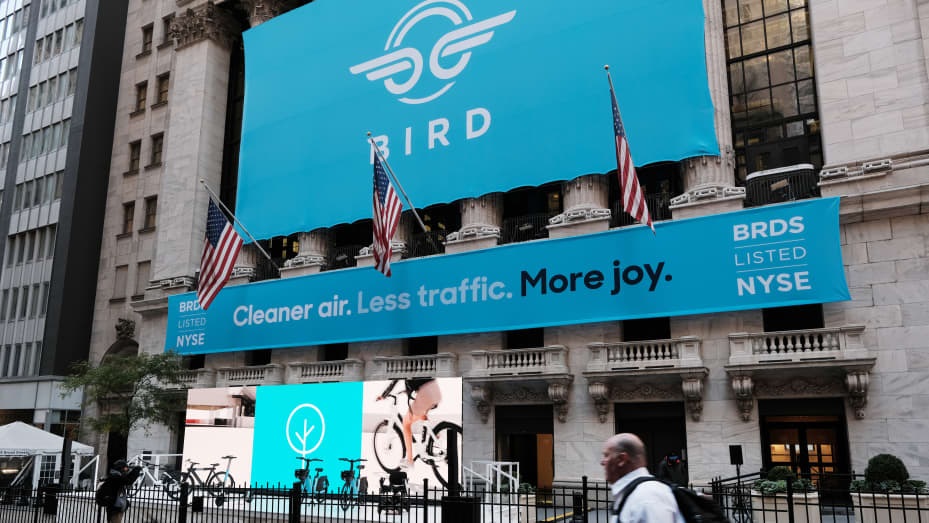
Bird, a once-promising electric scooter company valued at $2.5 billion, has filed for Chapter 11 bankruptcy. Hindered by the pandemic, its market downturn led to delisting from the NYSE. Struggling to recover, Bird aims to sell its assets within 90-120 days. The bankruptcy excludes Bird Canada and Europe, assuring their continued operations. The company’s downfall reflects challenges faced by innovative mobility amid COVID-19 disruptions, marking a pivotal shift in its trajectory.
Once hailed as an eco-friendly transport solution, Bird soared in popularity before COVID-19 struck. Despite $275M in funding in 2019, the pandemic halted its momentum, prompting bankruptcy. A “stalking horse” agreement sets Bird’s asset sale in motion within the next few months. The company’s decline culminated in a delisting from NYSE, its stock plummeting below $1 per share. However, Bird Canada and Europe remain unaffected, continuing operations amidst this financial storm.
In a strategic move, Bird has engaged in what is termed a “stalking horse” agreement with its current lenders. This agreement essentially establishes a baseline value for Bird and sets the stage for the company’s assets to be put up for sale. The company anticipates finalizing this sale within the upcoming 90 to 120 days, utilizing the framework provided by the bankruptcy process.
Bird’s electric scooters initially gained acclaim as an eco-conscious alternative to traditional commuting methods and public transportation. Their popularity skyrocketed before the onset of the Covid-19 pandemic. In 2019, the company managed to secure over $275 million in funding, propelling its valuation to a substantial $2.5 billion.
However, the unforeseen circumstances of the pandemic drastically impacted Bird’s operations. With customers confined due to lockdown measures in 2020, the company faced substantial hurdles in attempting to recuperate its business. Despite going public through a merger with a special purpose acquisition company in 2021, Bird encountered a significant downturn in its share prices.
The commencement of bankruptcy proceedings for Bird comes after a series of setbacks. In September, the New York Stock Exchange (NYSE) delisted the company due to its inability to comply with the exchange’s standards. Bird failed to maintain its market capitalization above $15 million for a consecutive 30-day period, leading to its delisting.
Subsequently, the company’s shares transitioned to trading on the over-the-counter exchange. However, the stock’s value took a substantial hit, trading at less than $1 per share as of the latest report.
Notably, the Wednesday filing for bankruptcy does not encompass Bird Canada and Bird Europe. Both entities are excluded from this move and are expected to operate without disruption, as stated in the official release.
Bird’s financial downfall, coupled with its struggle to retain market value, marks a pivotal moment for the once-burgeoning electric scooter company. The ongoing bankruptcy proceedings are anticipated to pave the way for the sale of assets, potentially reshaping the company’s trajectory and positioning in the market.
Bird’s bankruptcy signifies a remarkable downfall for the electric scooter trailblazer, emphasizing the challenges faced by innovative transportation in a pandemic-altered world. The NYSE delisting and subsequent financial struggle underscore a critical moment in its history. As Bird charts a path through Chapter 11, the fate of its assets hangs in the balance, potentially reshaping its future. The exclusion of Bird Canada and Europe offers a glimmer of continuity amid the company’s turbulent financial storm.
